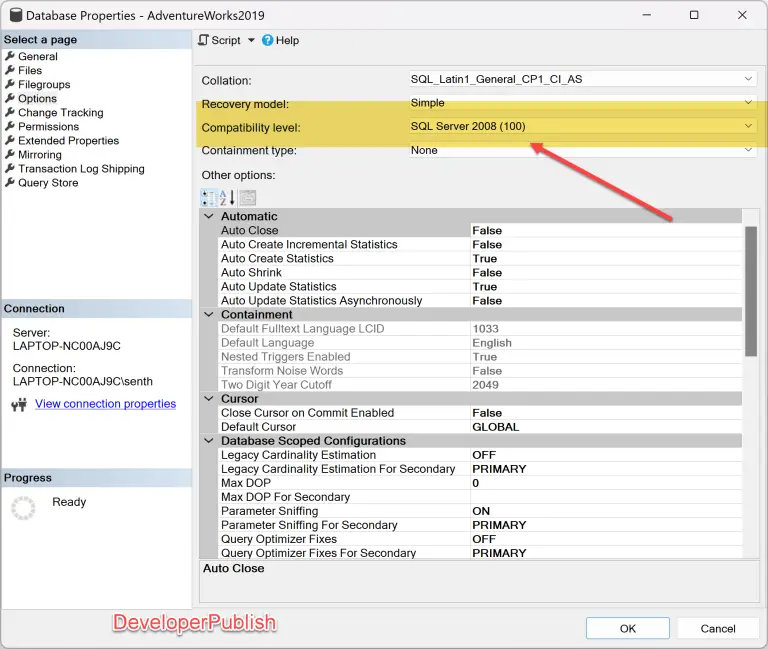In this blog post, let’s learn about the error message “41105 – Failed to create the Windows Server Failover Clustering (WSFC) resource with name ‘%s’ and type ‘%s’. The resource type is not registered in the WSFC cluster. The WSFC cluster many have been destroyed and created again. To register the resource type in the WSFC cluster, disable and then enable Always On in the SQL Server Configuration Manager.” in Microsoft SQL Server, the reason why it appears and the solution to fix it.
SQL Server Error Message
41105 – Failed to create the Windows Server Failover Clustering (WSFC) resource with name ‘%s’ and type ‘%s’. The resource type is not registered in the WSFC cluster. The WSFC cluster many have been destroyed and created again. To register the resource type in the WSFC cluster, disable and then enable Always On in the SQL Server Configuration Manager.
Reason for the Error
To be update soon…
Solution
To be update soon…


